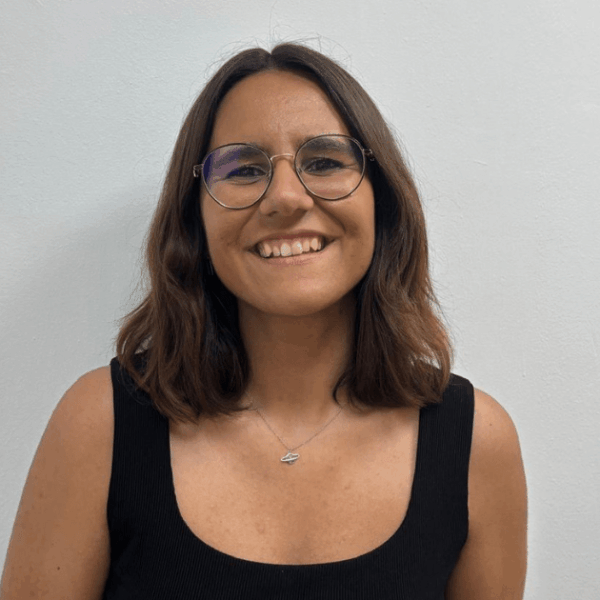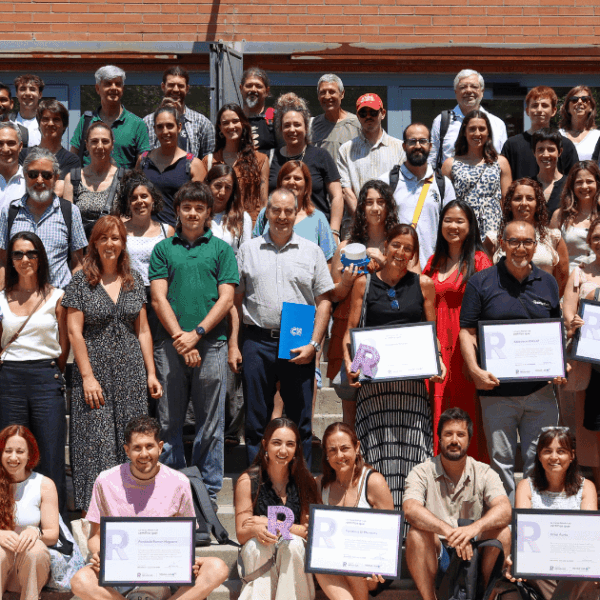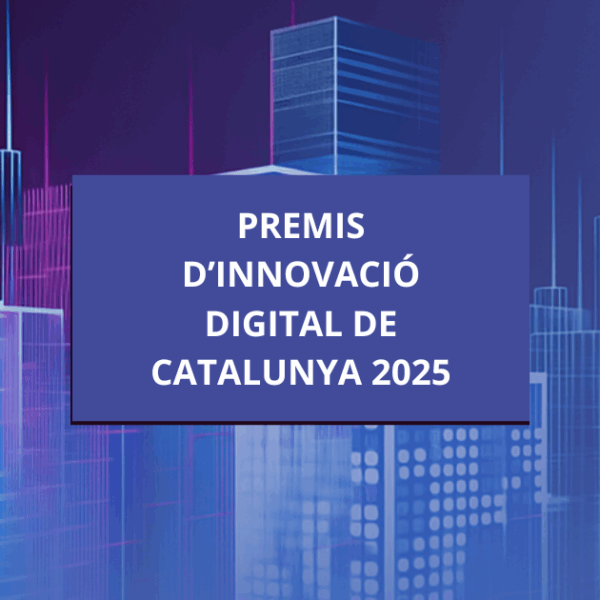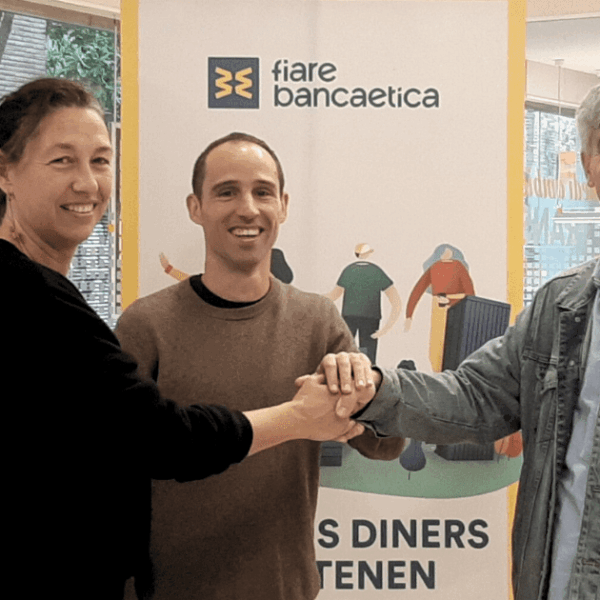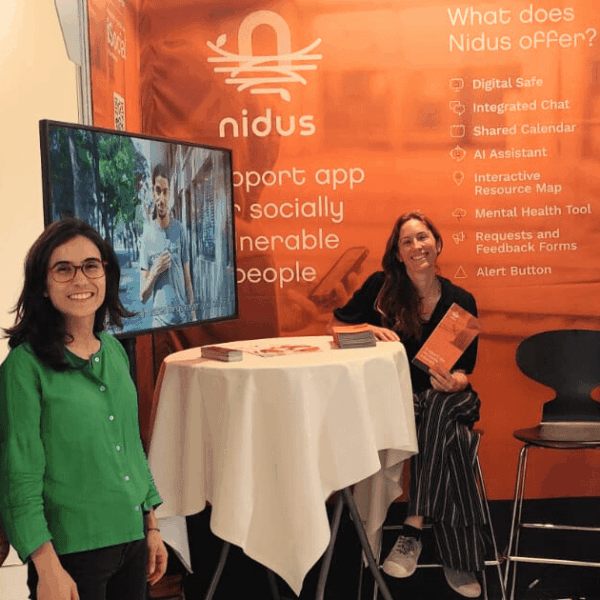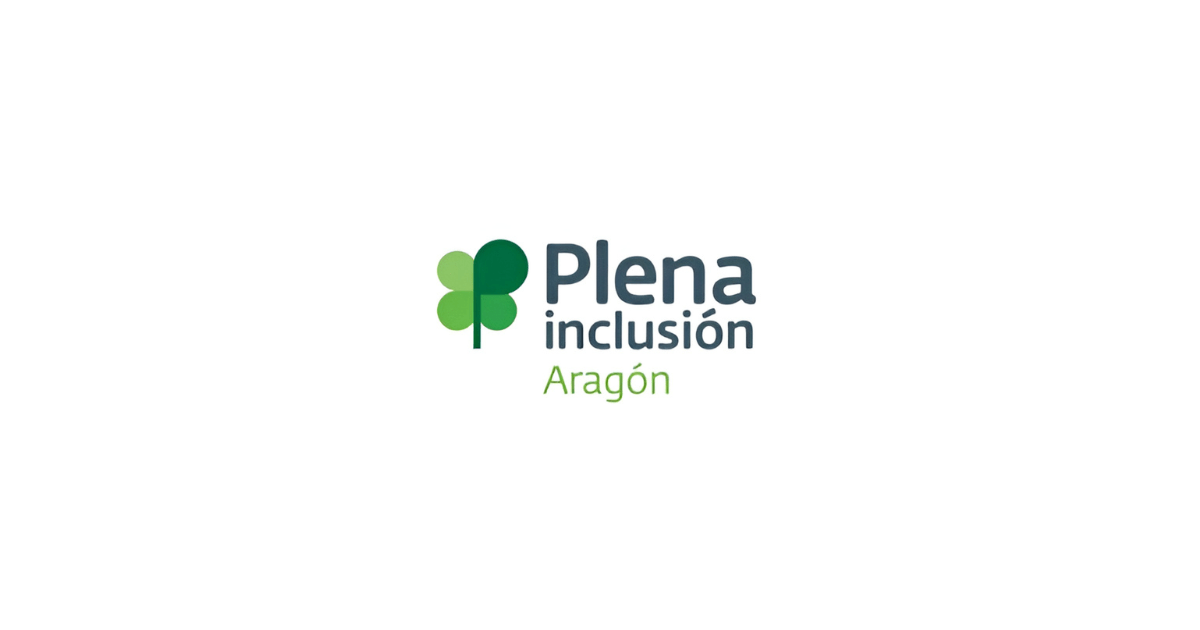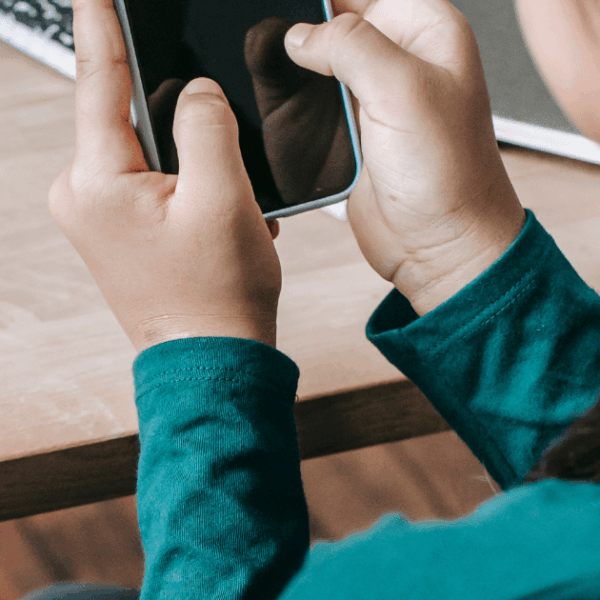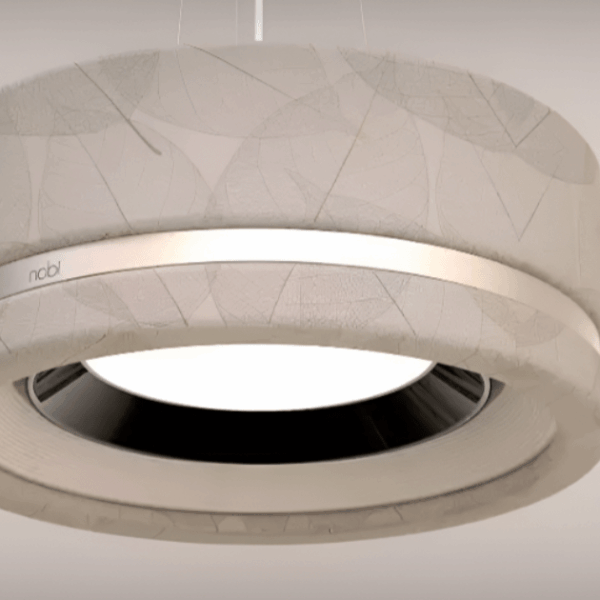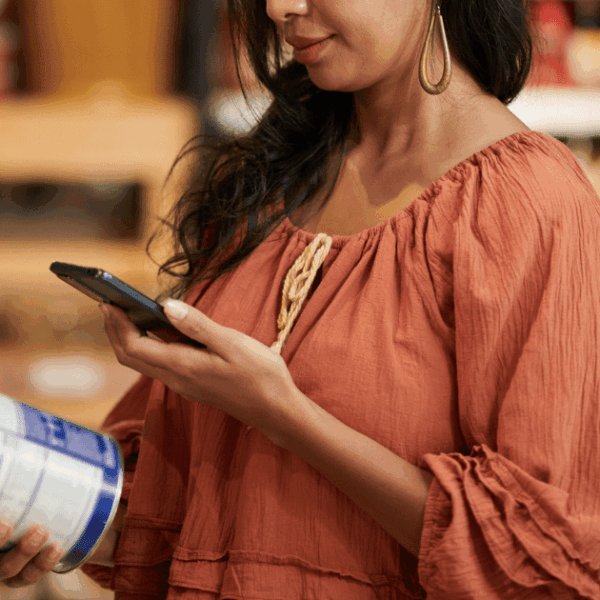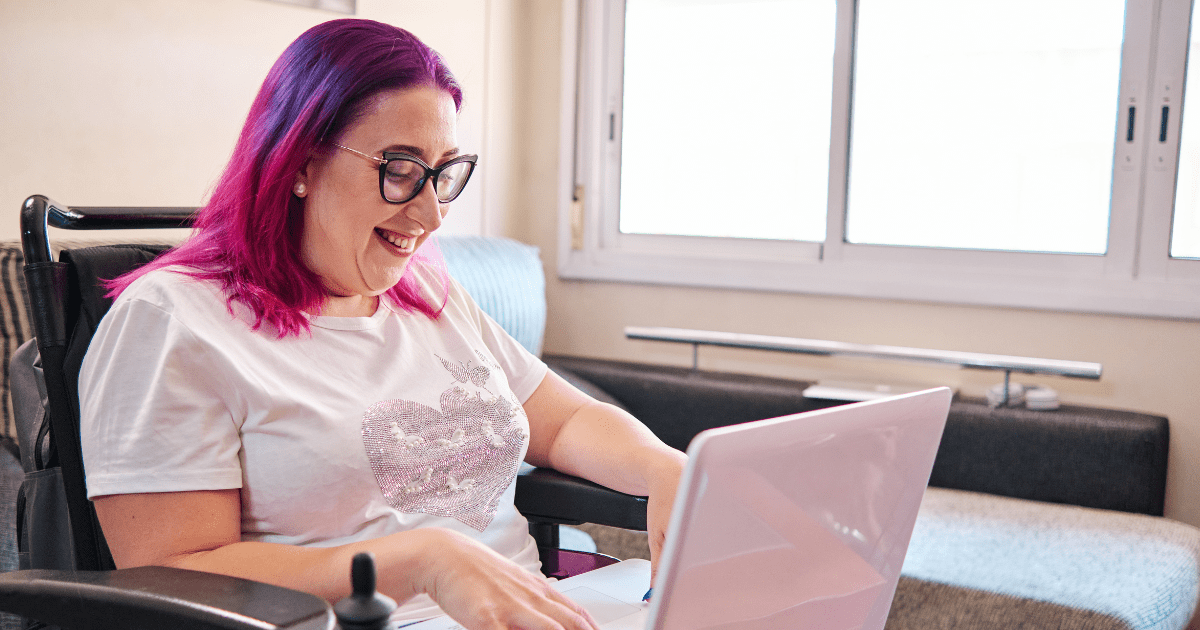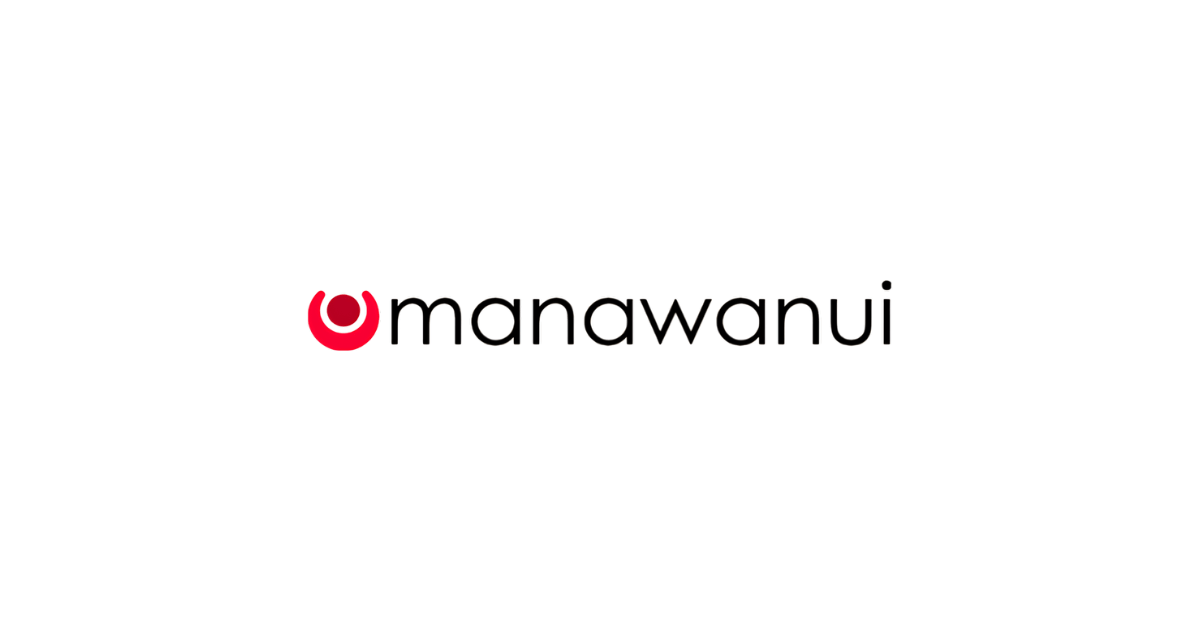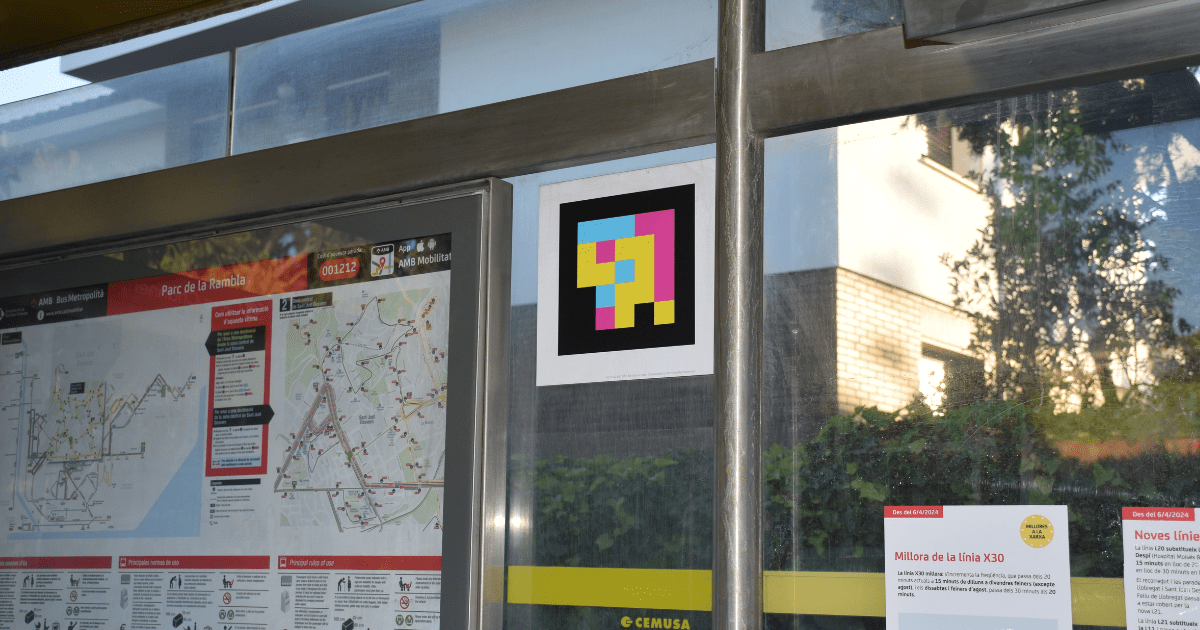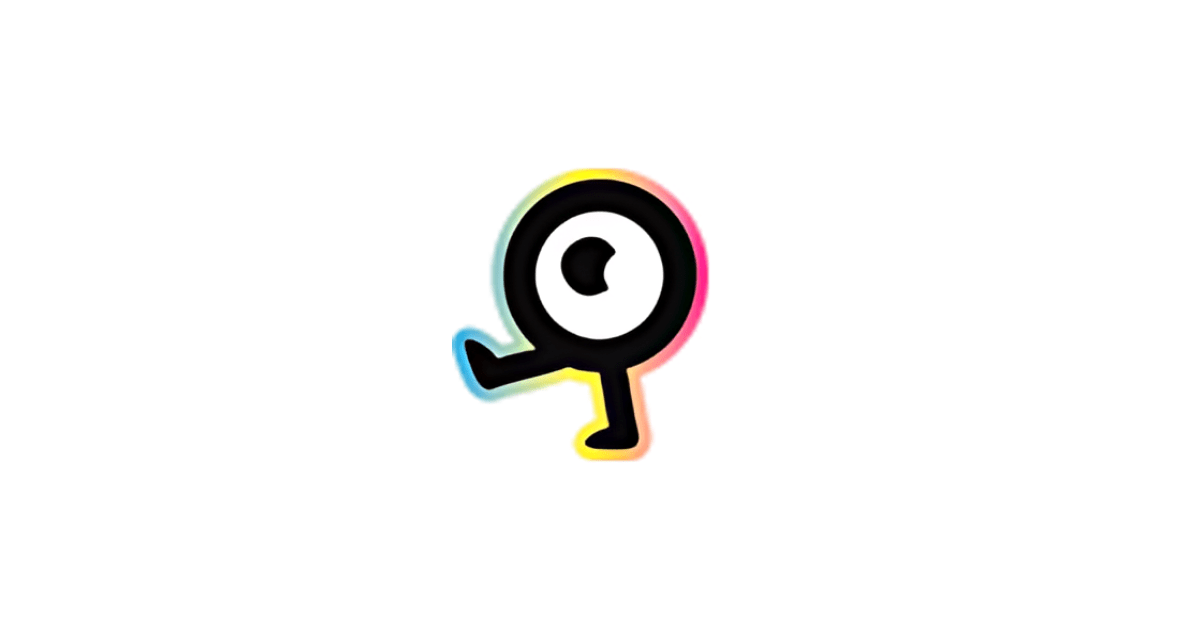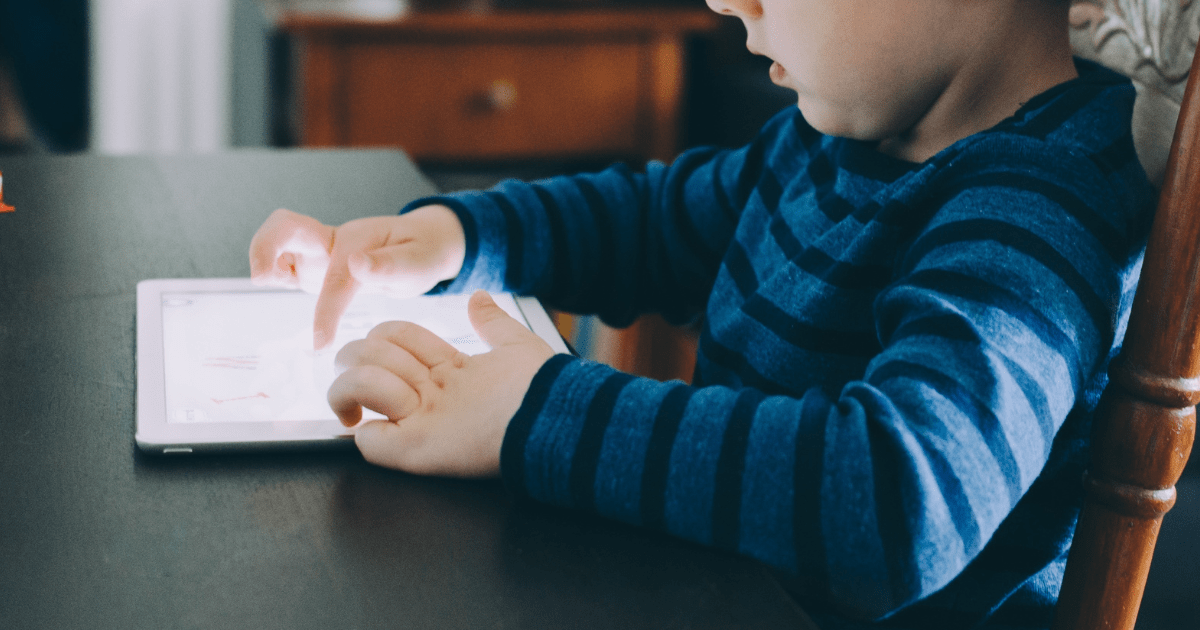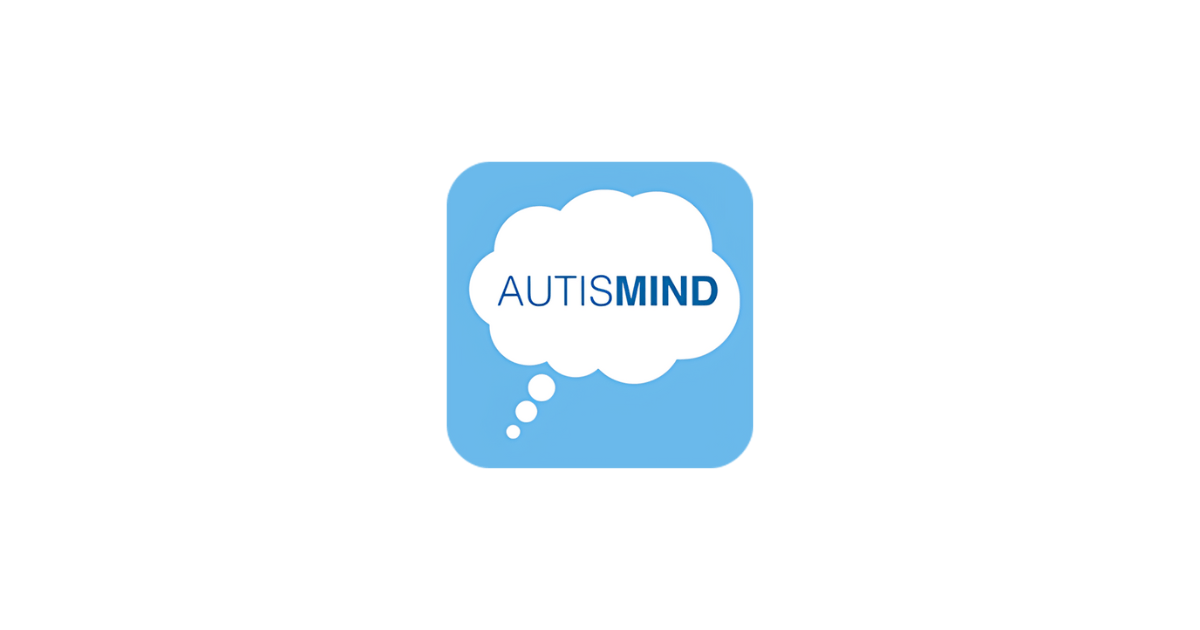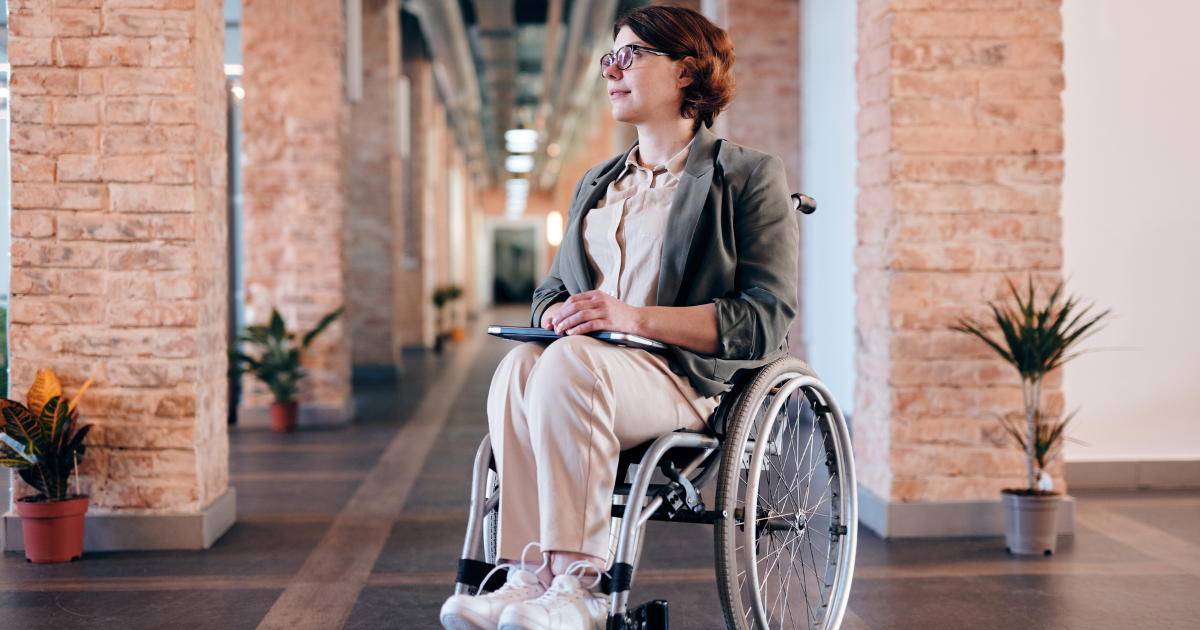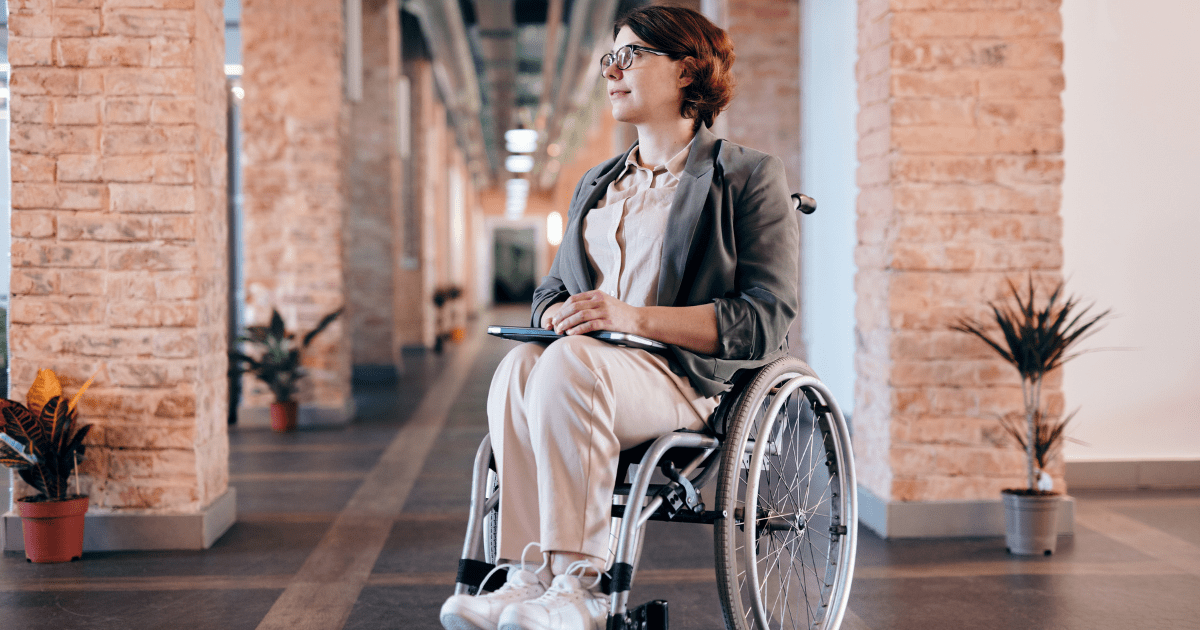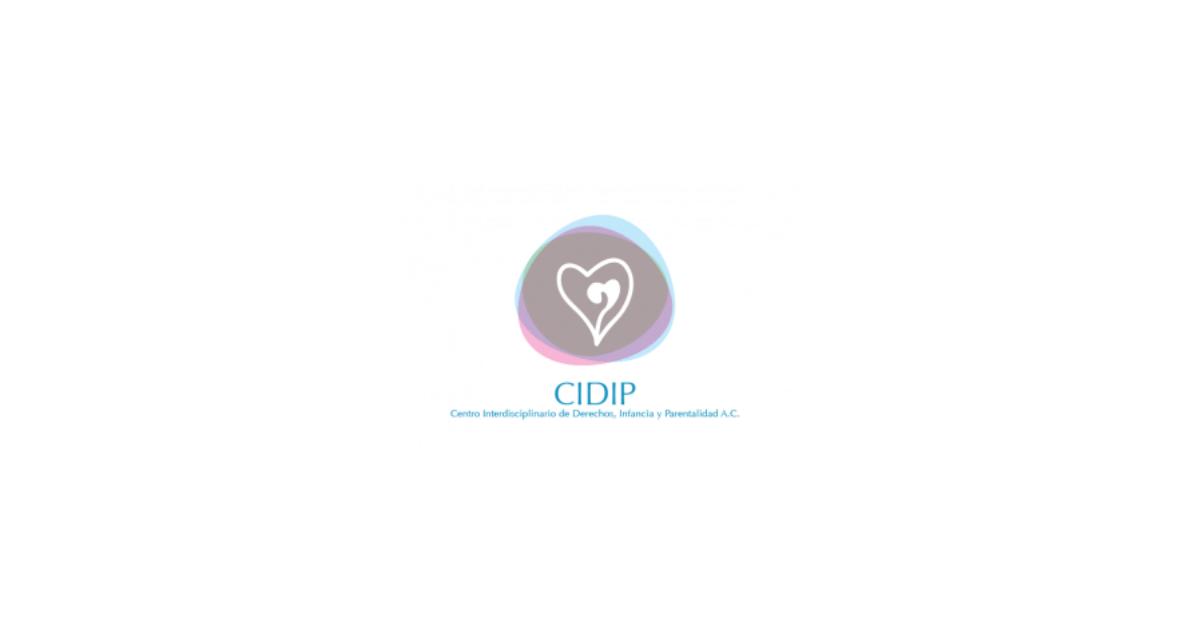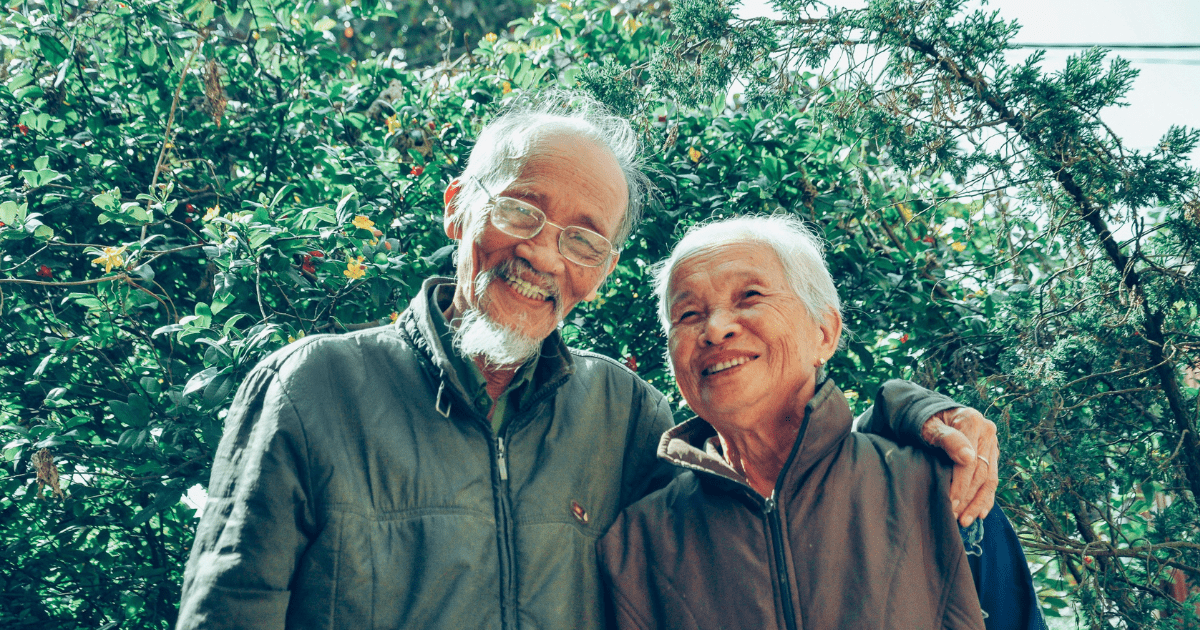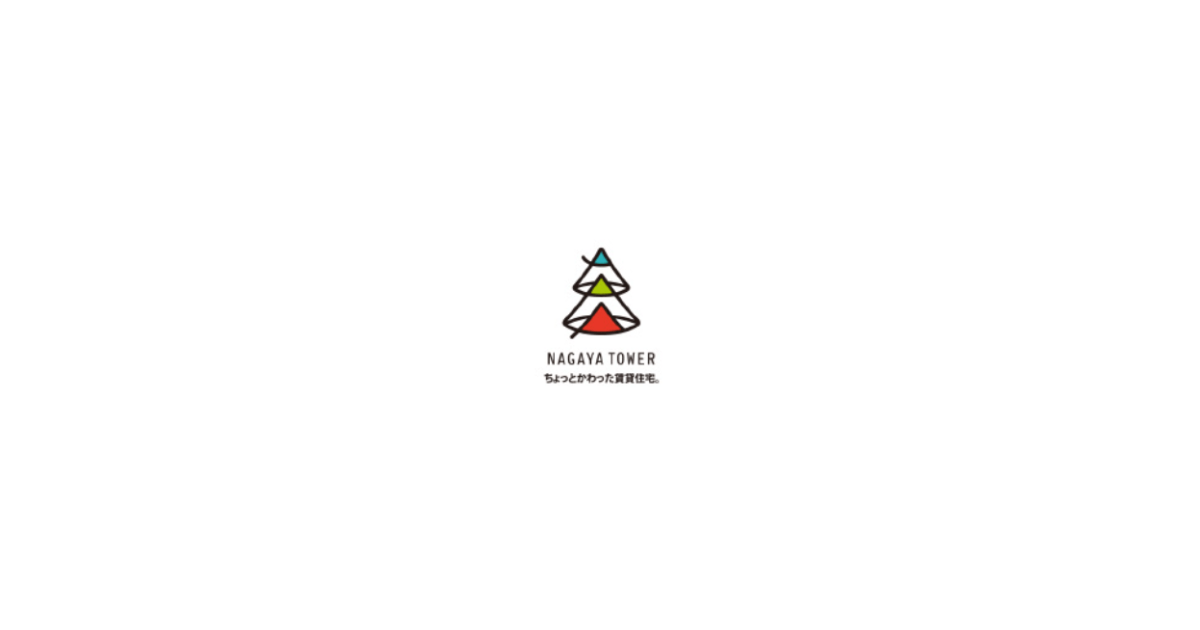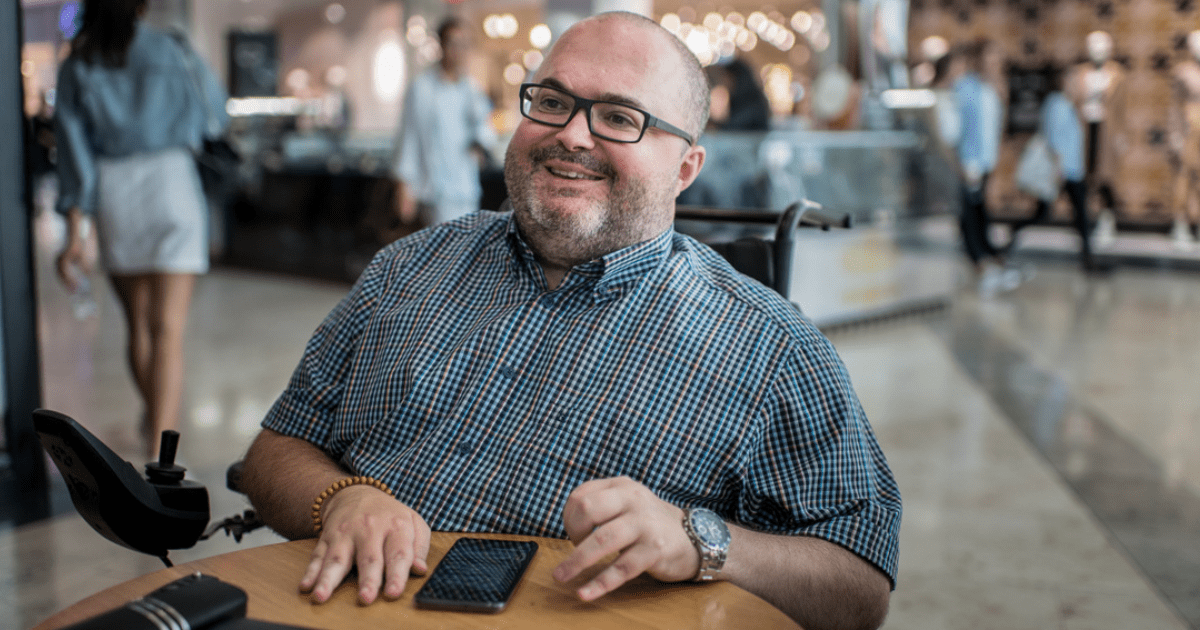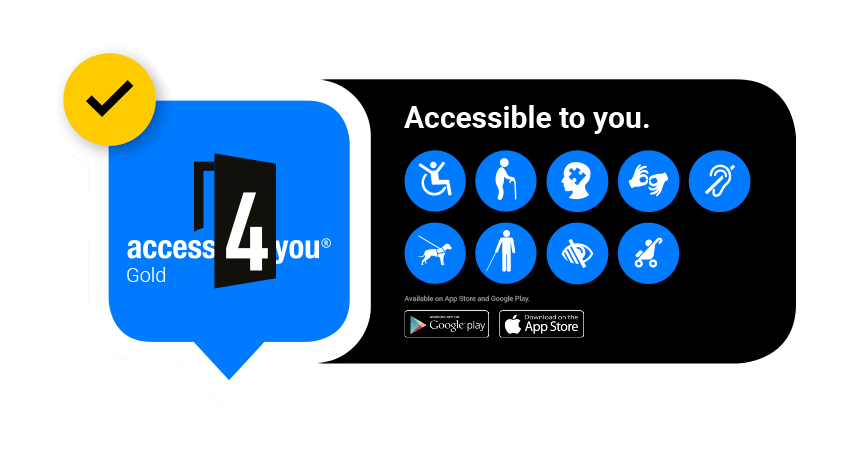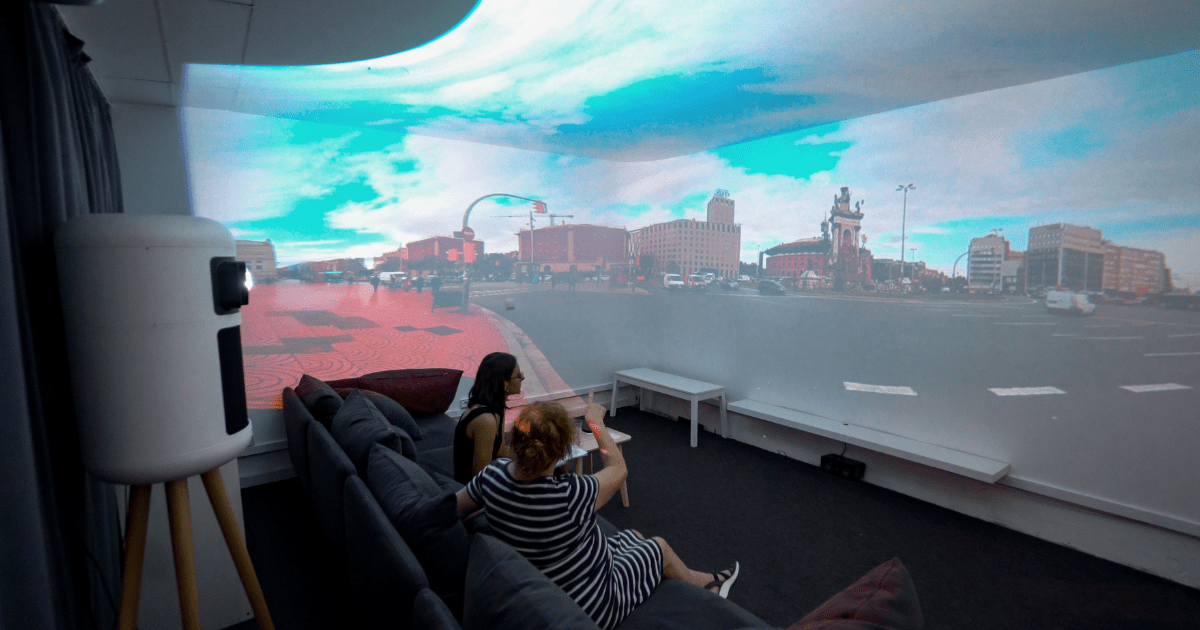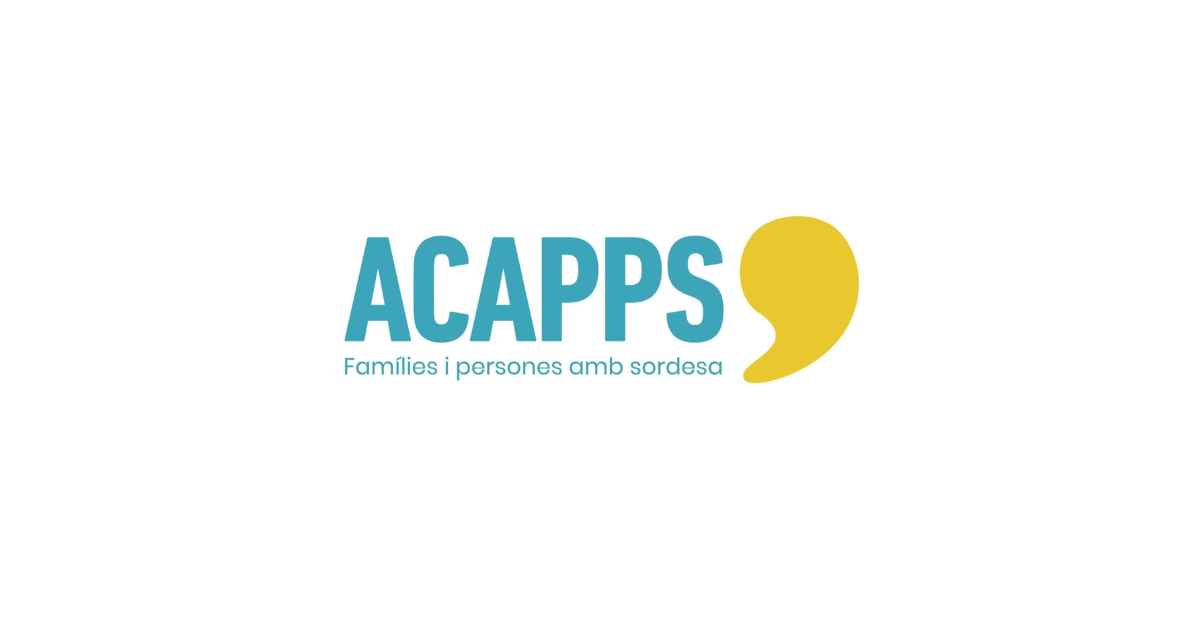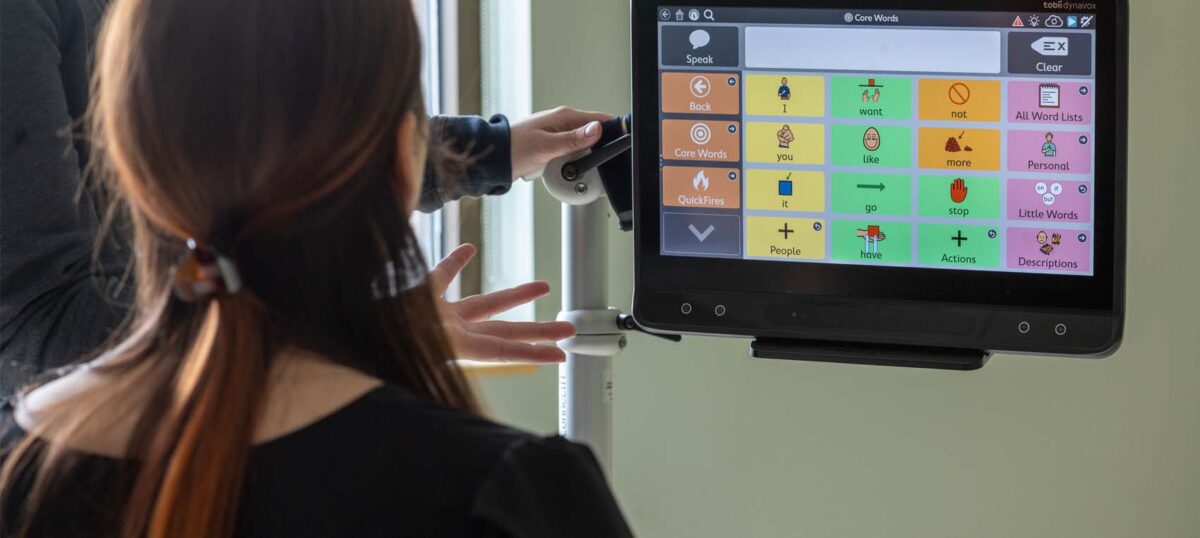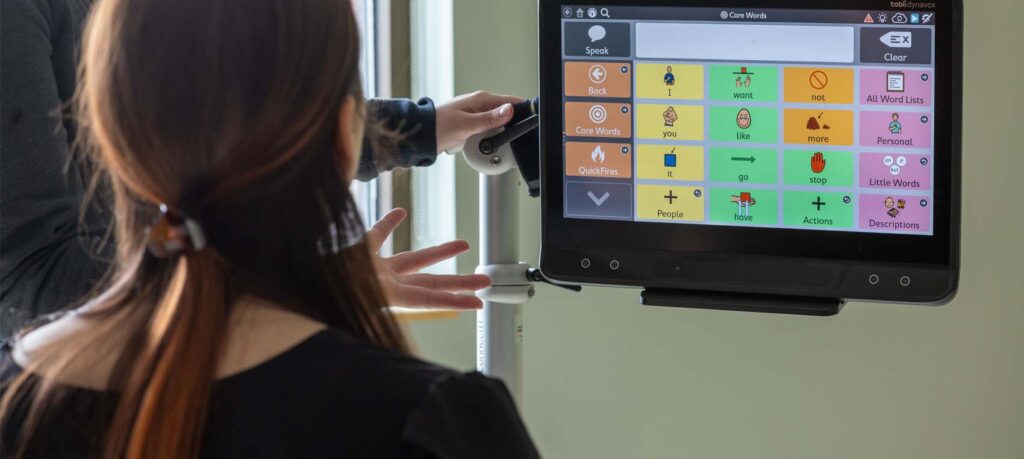Nobi, smart assistance lamp for older adults
Smart assistance and monitoring lamp designed to reduce the risk of falls in older adults

Nobi is a smart lamp that provides continuous monitoring and assistance with the goal of improving the quality of life for older adults. It is specifically designed to prevent falls and ensure a rapid response from caregivers in case of an accident.
The lamp combines advanced optical sensors and artificial intelligence with a design suitable for installation in hospitals, care homes, and private residences. During the day, the sensors automatically adjust to ambient light, and at night, they turn on when motion is detected.
When Nobi detects a potential fall, it immediately sends an alert to the responsible caregivers. This alert includes a diagram of the person’s position, using stylized and non-identifiable figures to respect their privacy. This enables a quick and effective response, as emergency teams can immediately assess what kind of assistance is needed.
In addition, Nobi records common obstacles and frequent falls to help prevent future accidents, providing useful information to enhance the safety of older adults.
Characteristics of innovation
Location
Belgium
Partners / Founders
VLAIO
Genesis
Nobi was created in 2021 by a Belgian startup with the goal of extending the autonomy of older adults and providing agile and efficient assistance.
Level of implementation
Pilot tests conducted in hospitals, care homes, and private residences demonstrate the effectiveness of this tool. Caregivers report that they are able to provide assistance more quickly than before Nobi was installed. Additionally, 4 out of 5 falls were prevented thanks to Nobi’s support. Furthermore, people who have used Nobi in their homes highlight that it has helped them live alone independently for a longer period of time.

Banc d’innovacions

